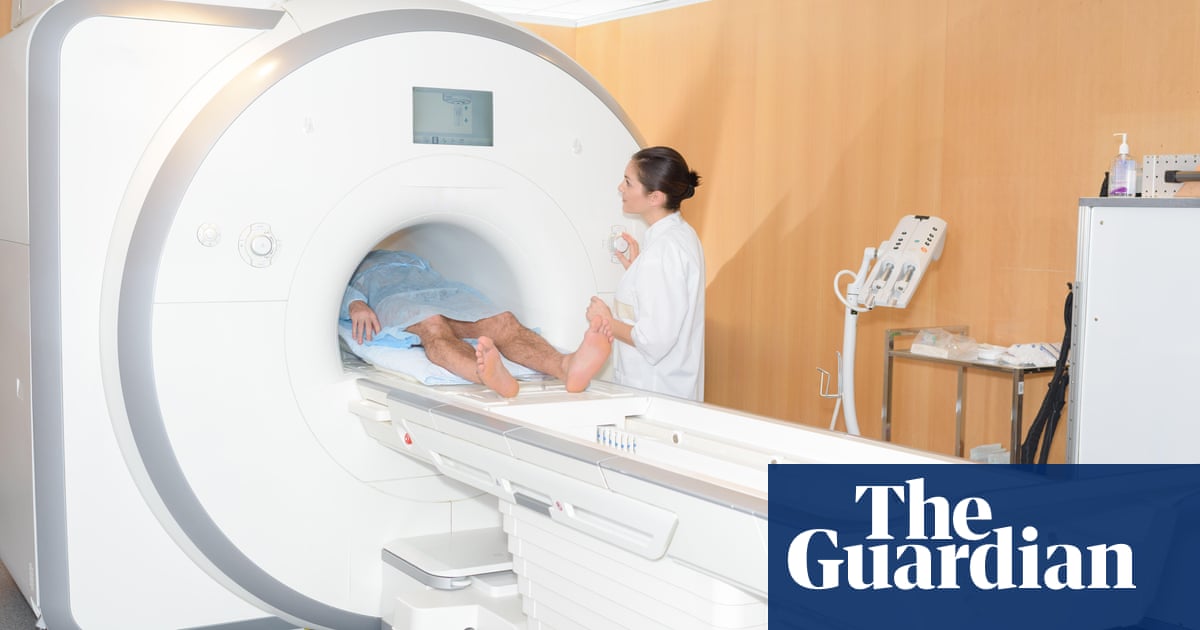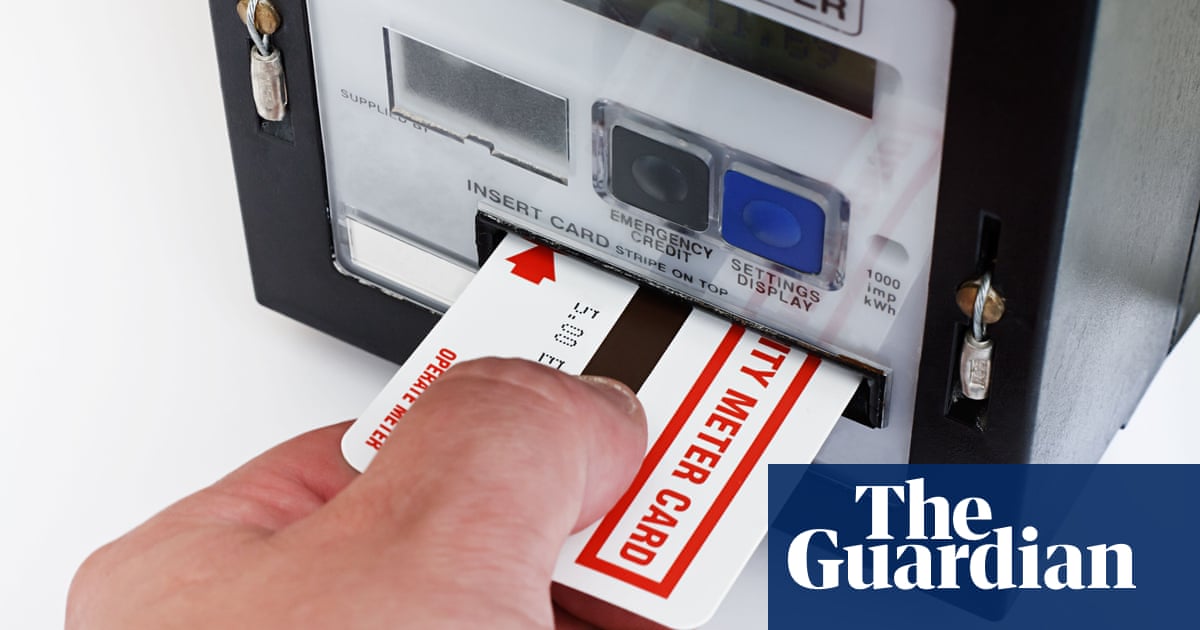
A growing epidemic of preventable cancers will lead to 184,000 people in the UK being diagnosed with the disease this year and will cost the country more than £78bn, research reveals.
The cost of the cancer cases diagnosed in 2023 caused by smoking, drinking, obesity and sunburn leads to £40bn in lost productivity, costs the people affected £30bn and takes up £3.7bn of the NHS’s budget, the study found. Preventable cancers also cost families and carers £3.4bn and the social care system £1.3bn.
The stark findings sparked calls by doctors and public health campaigners for a crackdown on smoking, drinking and poor diet to reduce avoidable cancers because of the huge human toll they involve and their financial consequences.
Organisations such Cancer Research UK (CRUK) and the World Cancer Research Fund (WCRF) estimate that about 40% of all cancers, in the UK and worldwide, are potentially preventable because they are closely linked to lifestyle factors such as diet, smoking and sunburn.
“This report is a stark reminder of the countless lives that could be saved by preventing cancer and a call to the UK government that health prevention strategies are key to relieving pressures on our NHS and economy”, said Michelle Mitchell, CRUK’s chief executive.
She called for “bold political action” to tackle the harm caused by tobacco and bad diet. “If recent trends continue, smoking could cause around 1m more cancer cases in the UK between now and 2040. And more than 21 million UK adults could be obese, which would increase their risk of over 13 types of cancer”, she said.
The findings are contained in a study of the social and economic costs of preventable cancers in the UK undertaken by Frontier Economics for the Guardian. Frontier, a leading economics consultancy, specialises in projecting the costs of major diseases using data published by government, official and medical bodies. The £78bn cost is the equivalent of 3.5% of GDP, it found.
It estimated that on current trends the number of avoidable cancer diagnoses is due to rise from 184,000 to 226,000 a year by 2040 because of population changes. Between now and then, 3.7 million people will be diagnosed who would have not developed the disease if it had not been for the four known main risk factors – smoking, drinking, obesity and UV radiation. Those cases combined will cost the UK £1.26tn, Frontier believes.
Doctors and public health experts said the government must be prepared to confront powerful commercial lobbies such as supermarkets and the food industry in order to reduce the toll of avoidable cancer. Existing measures are ineffective and give too much influence to vested interests such as the alcohol trade, which means meaningful change is stymied, they said.
Frontier’s report looked at the four most preventable cancers: skin, lung, bowel and breast cancer. It says 79% of the 54,500 new cases of lung cancer diagnosed in the UK each year are preventable and almost three-quarters of those are caused by tobacco. Similarly, 87% of the 20,500 cases of melanoma could have been avoided if the people concerned had not been exposed to UV radiation through spending time in the sun.
In addition, 54% of bowel cancers are deemed preventable – they are “due to modifiable risk factors”, the study says – because they are linked to a lack of fibre, intake of processed meat or being overweight or obese. And almost one in four of the 61,500 new cases of breast cancer in the UK every year are also deemed preventable because they involve excess weight or alcohol.
Overall, 97,500 of the 179,000 cases of those four cancers combined that will be diagnosed this year – 54% of the total – will have been preventable, Frontier found.
The £30bn cost of avoidable cancer to individuals reflects mainly their “quality-adjusted life years” – lost quality of life – when they are ill (£4.3bn) and because some die early (£25.3bn).
Last week, research reported in the BMJ Oncology found that the number of under-50s being diagnosed with cancer worldwide had risen by 79% between 1990 and 2019. The authors said obesity, physical inactivity, alcohol and smoking were likely to help explain the surge, alongside other factors such as pollution.
The British Medical Association (BMA) urged ministers to take action “to reduce the availability and attractiveness of products such as alcohol, tobacco and junk food that contribute to a large number of preventable diseases, including some cancers”.
For example, it said, ministers should encourage food producers and retailers to ensure fresh fruit and vegetables are as affordable as possible, to help consumers eat a healthy diet.
Highlighting the £40bn hit to productivity from avoidable cancer, Prof David Strain, the chair of the BMA’s board of science, said: “A sick population makes for a sick economy. As this report shows, with cancer not only comes pain and suffering but also the financial cost to individuals, their families, the state and the NHS and care services. This is unforgivable when so many cancers are preventable.”
The Institute of Alcohol Studies said ministers should force alcohol producers to put labels on cans and bottles making clear that drinking heightens the risk of cancer.
Dr Sadie Boniface, the IAS’s head of research, said: “Since 1988, alcohol has been classified as a class 1 carcinogen by the International Agency for Research on Cancer (part of the World Health Organization) alongside tobacco and asbestos. In 2020 alone, almost 17,000 cancers due to alcohol were diagnosed in the UK.”
She said drinking had been identified as a cause of seven forms of cancer including breast, liver and mouth cancer.
Hazel Cheeseman, the deputy chief executive of Action on Smoking and Health, said the age at which people can buy tobacco should be raised to 21, there should be mass media campaigns to encourage people to quit smoking, and a new “polluter pays” levy should be imposed on tobacco firms.
CRUK’s Mitchell voiced concern that the government was likely to miss its target for England to be “smoke-free” by 2030 because smoking rates were not falling as quickly as hoped, and that long-promised measures to tackle obesity – such as a ban on buy one get one free offers on junk food – had been delayed.
Matthew Bell, a director of Frontier Economics, said: “Reducing the sizeable number of people with these cancers could be a central element to reducing some costs for the NHS, and more significantly improving productivity, growth and the lives of countless people and their families.”
A Department of Health and Social Care spokesperson did not respond directly to the findings, but said: “We are committed to tackling the causes of preventable cancers to help people live longer, healthier lives and reduce pressure on the NHS.
“We have introduced calorie labelling, announced a £40m pilot to give eligible patients living with obesity access to effective obesity drugs, and will help a million smokers across England quit by giving them a free vaping starter kit. There are record numbers of cancer checks happening in the NHS and our major conditions strategy will set out further plans to tackle the main causes of ill-health.”












